The Wonders of Nature in Australia
August 21, 2023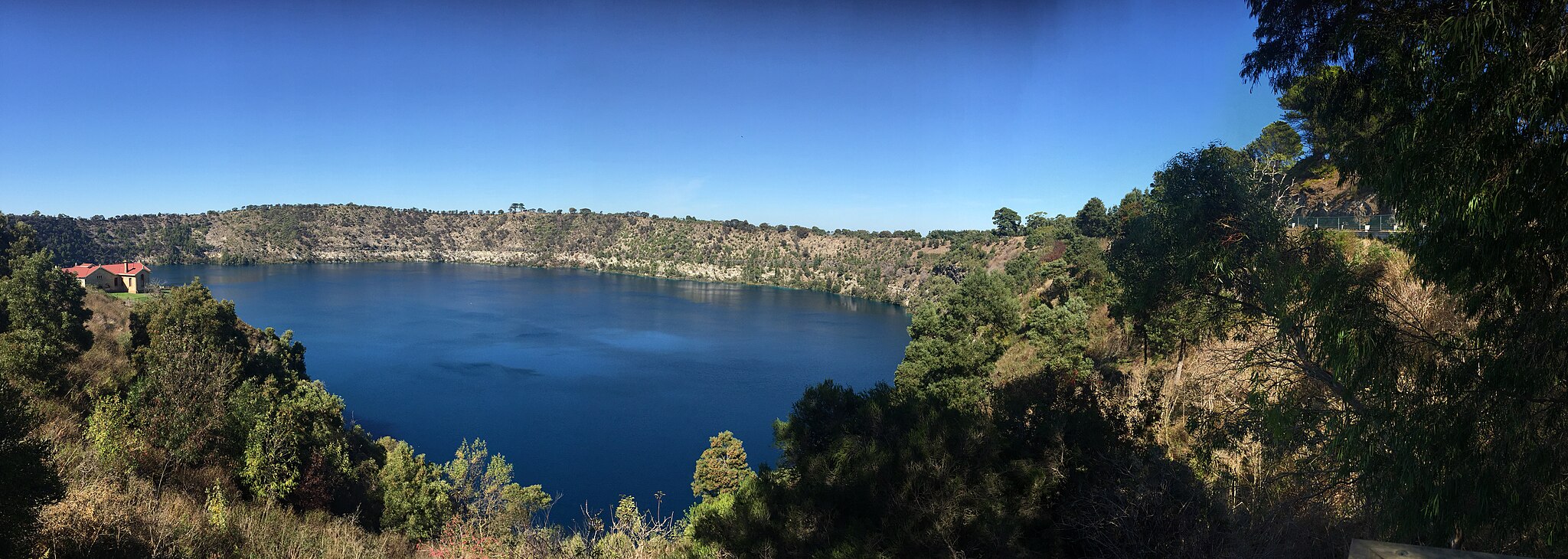
Father Julian Tenison Woods experienced financial insecurity at first-hand. To supplement his meagre income he submitted articles, letters and essays to Australian newspapers. His topics were based on his travels and observations.
The Wonders of Nature in Australia is a series of 10 such letters published in the Saturday editions of Sydney Mail and the New South Wales Advertiser during 1879. As a skilled raconteur and journalist, Fr Julian wrote with the intention of providing his dear readers with accurate descriptions supported by instructive and interesting explanations.
The Traveller
July 21, 2023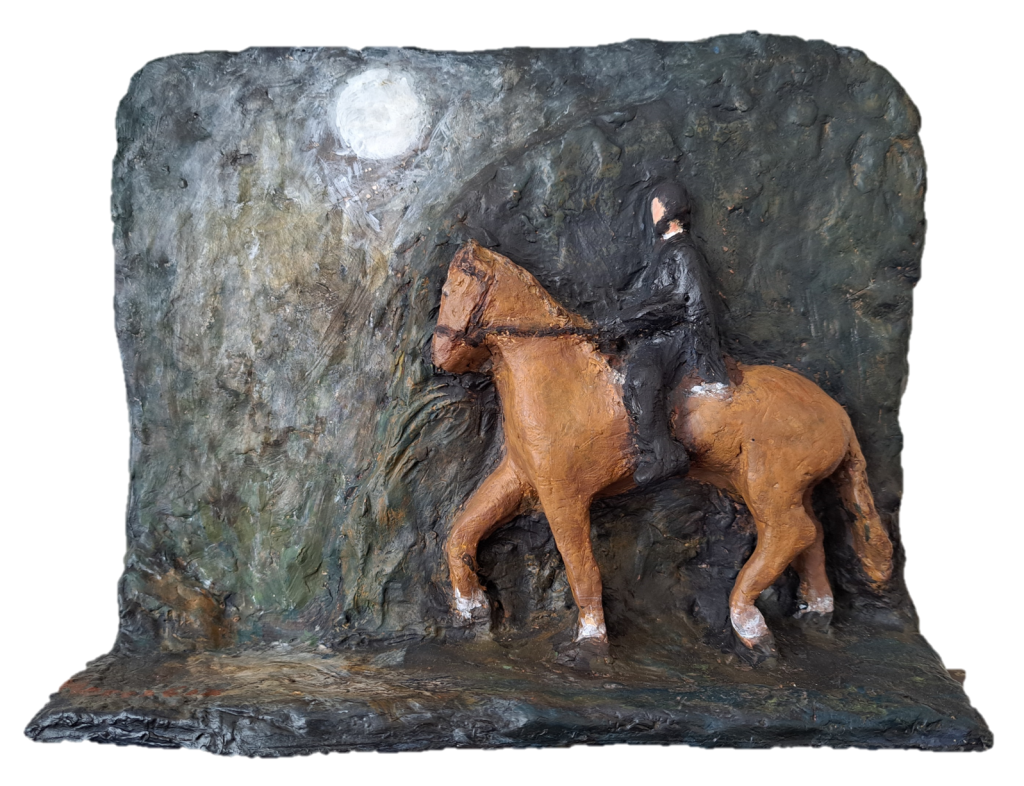
Daniel de la Motte shares a narrative meditation inspired by Father Julian Tenison Woods, adapted from a formational prayer he wrote for the students of the Tenison House of MacKillop Catholic College, Mornington, Tasmania.
Julian Tenison Woods and his Early Days in Bathurst Diocese of NSW
May 23, 2023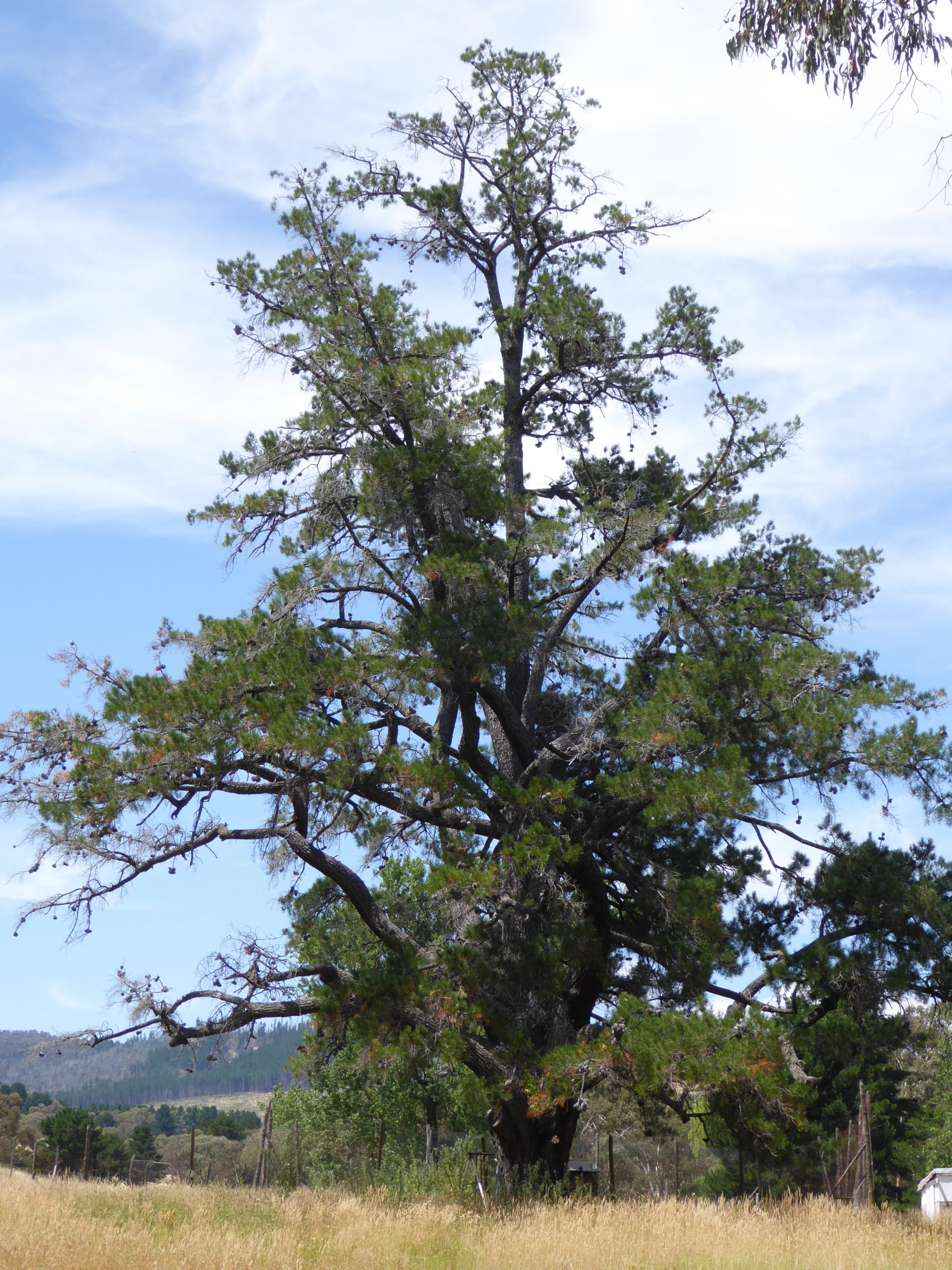
In a little book entitled Memoirs of Our Founder Rev Julian Edmond Tenison Woods [1] written by one of the first members of the Josephites, we find:
The foundation in Bathurst was a source of great joy and consolation to him. He hoped that there the Institute could be established according to the original Rule. However, he was obliged to make some alterations to suit the Bishop’s (Dr Quinn’s) views, which were to form the Bathurst Sisters into a Diocesan Community. In the early days of the Institute, when it may be said to have had no existence except in his mind, his prayer to God was that while it might accomplish all the good he desired, none of the credit of it might be given to him.
Due to illness Julian experienced after four years of superhuman exertion [2] in Adelaide and a serious fall from his buggy, he was sent to New South Wales (NSW) by the Bishop to rest. It appears that Julian interpreted ‘resting’ as an opportunity to facilitate missions and retreats in the Bathurst and Sydney Dioceses! Perusing a list of dates where Julian visited the Bathurst Diocese between 1871-1883, it is obvious that he took a great interest in what might provide an avenue for his priestly ministry. Arriving in Bathurst it is noted that he preached on 19-20 August 1871. [3] It appears that this began his sojourn within the Bathurst Diocese, as well as other places.
Father Julian Tenison Woods Reflection
April 27, 2023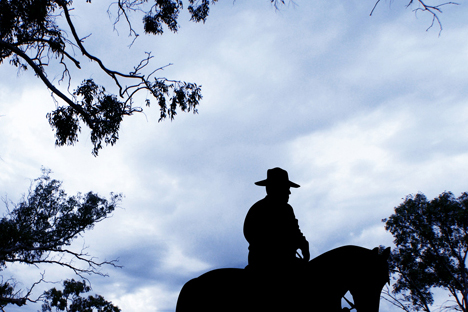
A reflection in the key of F on Fr Julian Tenison Woods [1832-1889]: Saint Mary MacKillop’s “Father Founder”
“Fairly faithfully and fallibly following a fairly famous and fallible Founder”.
Reporting on the Vagaries of Life
February 22, 2023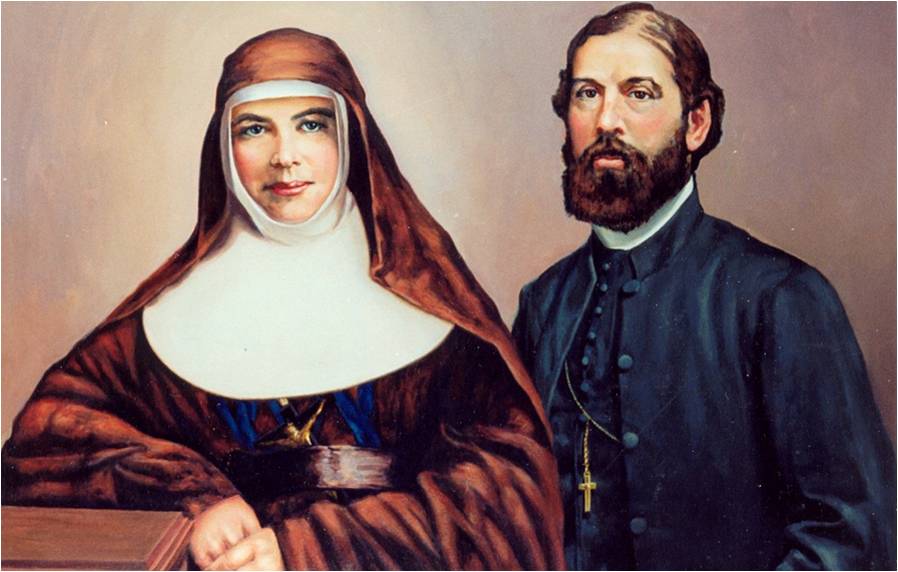
Report cards have always been a source of consternation for teachers, parents, and students of all ages.
People familiar with Mary MacKillop’s Portland story would remember the furore that arose from the efforts of Mr Cusack to impress the school inspector with some clever behind the scenes prompting and a quick switch of the more able students from Mary’s and Mary’s sister Annie’s classes. All to no avail when his deceit was uncovered. Strangely enough when Mary’s father Alexander exposed his folly loudly and vociferously through the local paper, the consequences fell down on Mary’s shoulders.
Julian Tenison Woods’ Baptism
February 1, 2023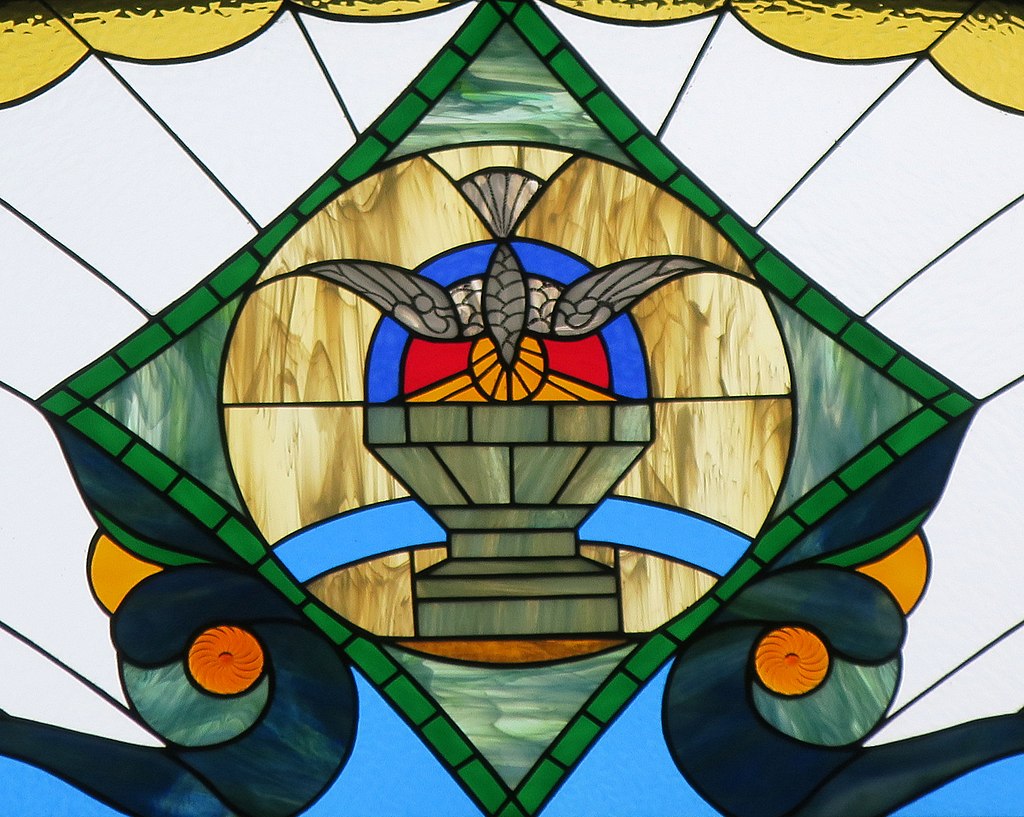
Julian Edmund Tenison Woods was born on 15 November 1832 at Southwark in London, England. His parents, James and Henrietta were of Irish origin, James being a Catholic with marginal commitment to the church and Henrietta coming from the Saint-Eloy Tenison family with strong connections to the Anglican church.
Julian’s birth was announced on 16 November in The Times newspaper for which his father was a correspondent. James, however, was in Belgium at the time of Julian’s birth, reporting on the siege of Antwerp. Before the end of 1832, he returned to West Square, Southwark where Henrietta was caring for their children, Edward, James, Henrietta, Nicholas and baby Julian.
The Gift of Father Julian Tenison Woods
December 21, 2022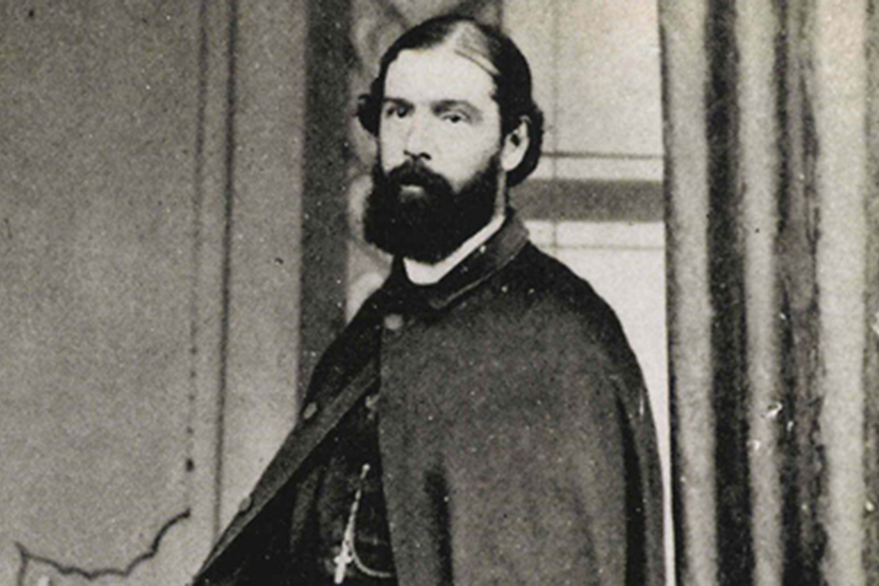
Fr Julian Tenison Woods, a gifted and complex character, was a many-sided man: pioneer priest, dedicated and successful missionary, educator (the first director of Catholic Education in Australia), scholar of some repute and respected scientist.
In his formative years, Julian encountered and was influenced by a variety of holy people and their spiritualities. Consequently, his own spirituality was eclectic. It was shaped: by his experience as a Franciscan tertiary; by the Passionist emphasis on prayer and asceticism; by the extroverted devotion and ornate ritual of the Oratorians; by the Marist devotion to Mary; by the French traditions of mystic prayer and spirituality; and by Peter Julian Eymard’s emphasis on Eucharistic adoration.
New Julian Tenison Woods Exhibition at MMHC
November 16, 2022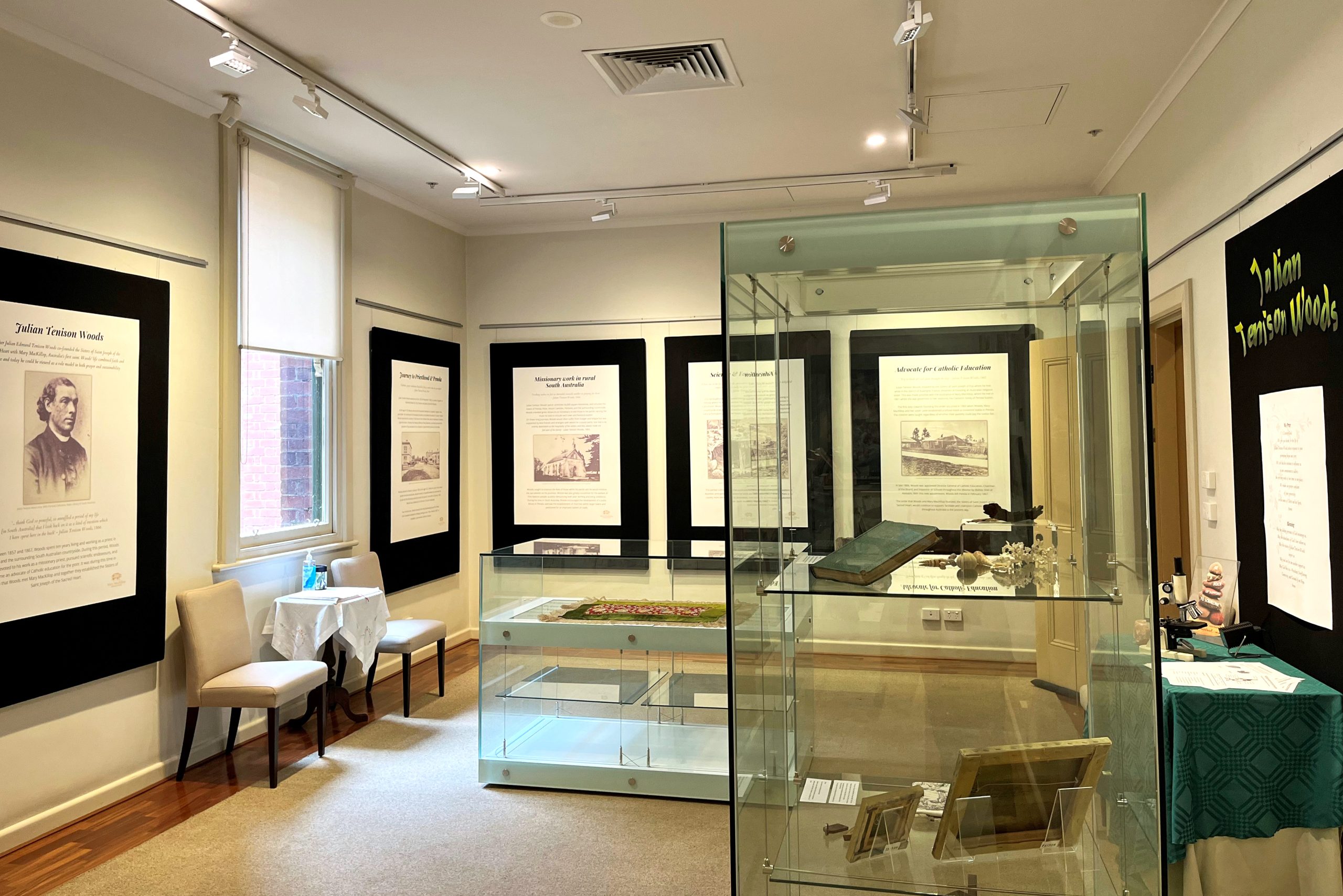
The Mary MacKillop Heritage Centre (MMHC) in Melbourne is proud to present a new exhibition on Fr Julian Tenison Woods. The temporary exhibition focuses on the 10 years Julian Tenison Woods lived and worked as a priest in Penola and the surrounding South Australian countryside, exploring Julian’s work as a missionary priest, his scientific endeavours and advocation of Catholic education for the poor. The exhibition also showcases highlights from the museum’s collection of Penola, Julian artefacts and activities for children to enjoy.
